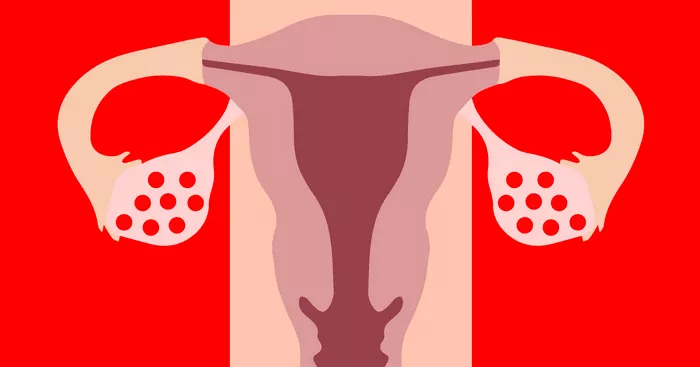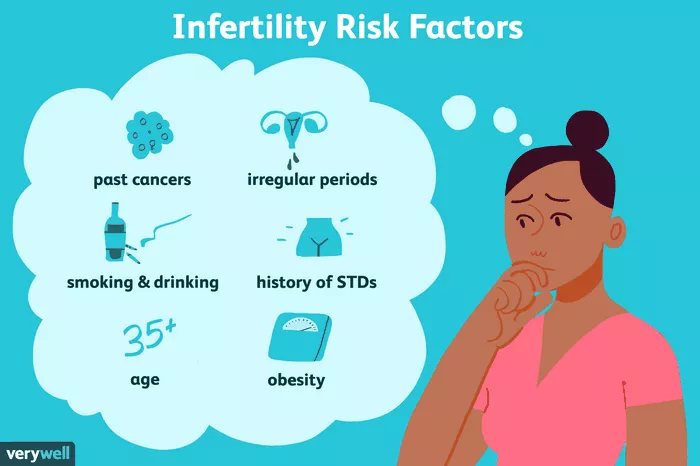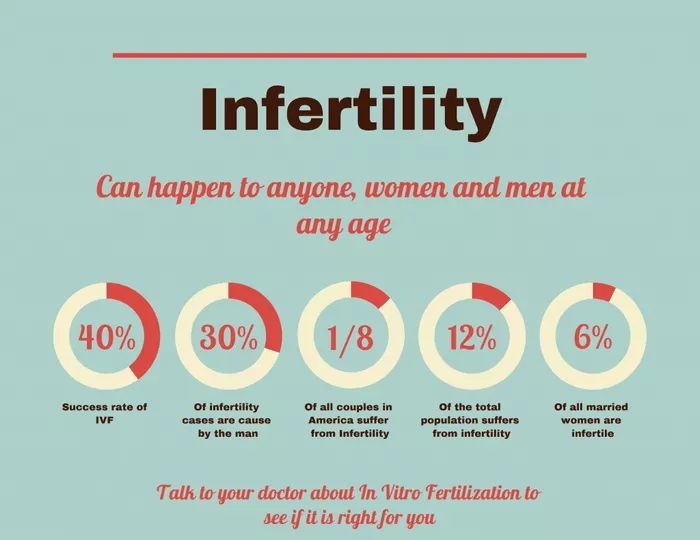For many individuals, menstruation serves as a monthly reminder of reproductive health and fertility. However, experiencing regular periods does not necessarily guarantee ovulation, the process where an egg is released from the ovary. If you find yourself wondering why you’re not ovulating despite having regular periods, you’re not alone. In this article, we’ll delve into the phenomenon of anovulation, exploring its potential causes, implications, and what steps you can take to address it.
Anovulation vs. Menstruation: Deciphering the Difference
To understand why you may be experiencing regular periods without ovulation, it’s essential to differentiate between anovulation and menstruation. Picture it as a dance performance – while menstruation represents the grand finale, anovulation occurs when the lead dancer fails to take the stage. Anovulation refers to the absence of ovulation in a menstrual cycle, leading to a disruption in the normal hormonal fluctuations that trigger menstruation. As a result, individuals experiencing anovulation may still have regular periods, albeit without the release of an egg.
Common Causes of Anovulation: Unraveling the Factors
Anovulation can stem from various underlying factors, ranging from hormonal imbalances to lifestyle habits. Picture it as a complex puzzle – identifying the specific cause of anovulation often requires careful examination and consideration of individual factors. Some common causes of anovulation include:
Polycystic Ovary Syndrome (PCOS):
PCOS is a common hormonal disorder characterized by irregular periods, ovarian cysts, and elevated androgen levels. Individuals with PCOS may experience anovulation due to disruptions in hormone production and ovarian function.
Stress:
Chronic stress can disrupt the delicate balance of hormones involved in the menstrual cycle, leading to anovulation. Picture it as a traffic jam – when stress hormones are elevated, signals from the brain to the ovaries may be interrupted, inhibiting ovulation.
Weight-related Issues:
Both underweight and overweight individuals may experience anovulation due to disruptions in hormone production. Excess body fat can lead to increased estrogen levels, while low body fat levels can disrupt hormone production and suppress ovulation.
Thyroid Disorders:
Thyroid imbalances, such as hypothyroidism or hyperthyroidism, can interfere with ovulation and menstrual regularity. Ensuring proper thyroid function is essential for maintaining a healthy menstrual cycle.
Excessive Exercise:
Intense or prolonged exercise can disrupt hormone levels and energy balance, leading to anovulation. Picture it as a marathon – while moderate exercise can support overall health, excessive exercise without adequate fueling can impact reproductive function.
Implications of Anovulation: Understanding the Impact
While anovulation itself may not always cause noticeable symptoms, it can have significant implications for fertility and overall health. Picture it as a ripple effect – disruptions in ovulation can affect hormone balance, menstrual regularity, and reproductive function, making it challenging to conceive. For individuals trying to conceive, identifying and addressing anovulation is essential for optimizing fertility and increasing the chances of pregnancy.
Addressing Anovulation: Steps Toward Solutions
If you suspect that you’re experiencing anovulation despite regular periods, it’s essential to consult with a healthcare provider for proper evaluation and guidance. Picture it as seeking a detective to unravel the mystery – healthcare providers can perform diagnostic tests, assess hormone levels, and identify underlying factors contributing to anovulation. Depending on the cause, treatment options for anovulation may include:
Lifestyle Modifications:
Making changes to diet, exercise, and stress management can help restore hormonal balance and support ovulation.
Medications:
Hormonal medications such as clomiphene citrate or letrozole may be prescribed to induce ovulation in individuals with conditions such as PCOS.
Fertility Treatments:
In some cases, assisted reproductive technologies such as in vitro fertilization (IVF) may be recommended for individuals struggling to conceive due to anovulation.
Conclusion:
In conclusion, experiencing regular periods does not necessarily indicate ovulation, and anovulation can occur despite menstrual regularity. Understanding the potential causes and implications of anovulation is essential for addressing fertility challenges and optimizing reproductive health. By consulting with a healthcare provider, identifying underlying factors, and exploring treatment options, individuals experiencing anovulation can take proactive steps toward restoring hormonal balance, promoting ovulation, and increasing the likelihood of achieving pregnancy.
[inline_related_posts title=”You Might Be Interested In” title_align=”left” style=”list” number=”6″ align=”none” ids=”1794,1797″ by=”categories” orderby=”rand” order=”DESC” hide_thumb=”no” thumb_right=”no” views=”no” date=”yes” grid_columns=”2″ post_type=”” tax=””]

























